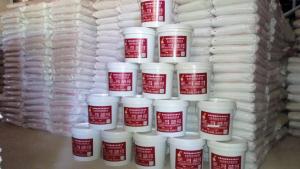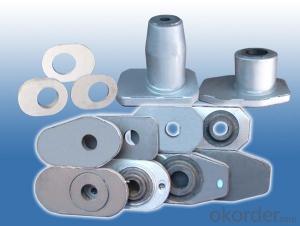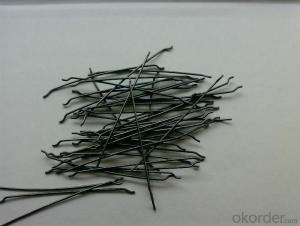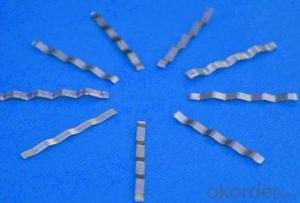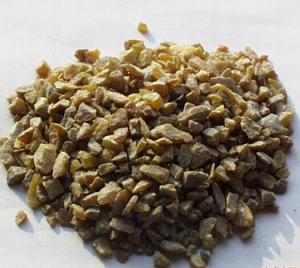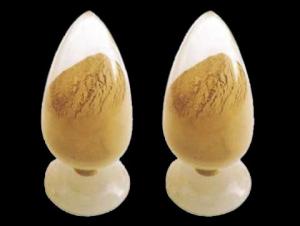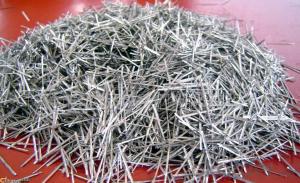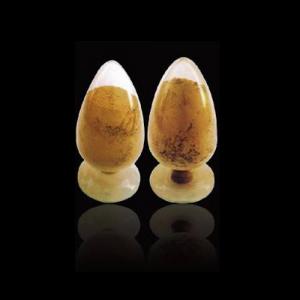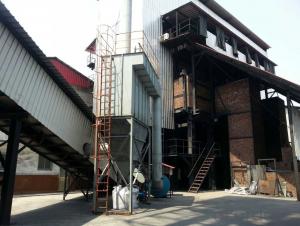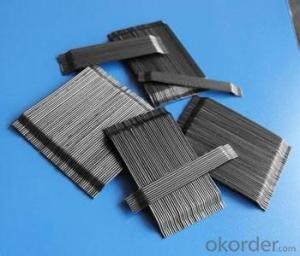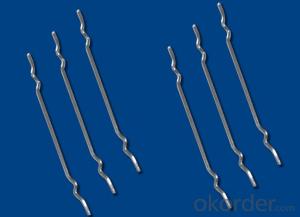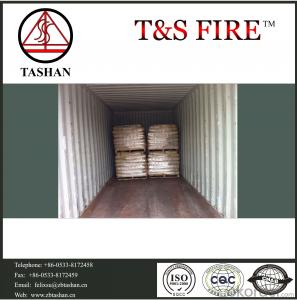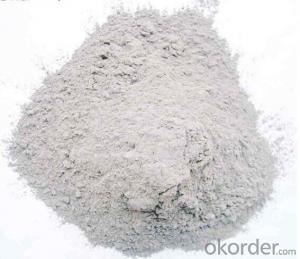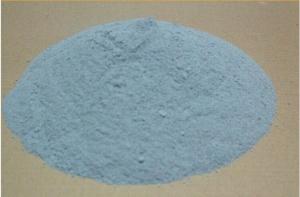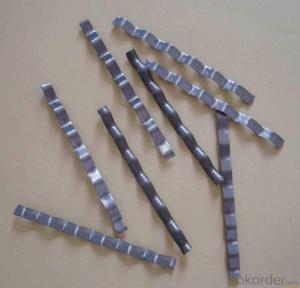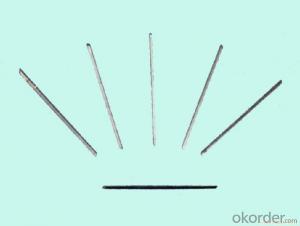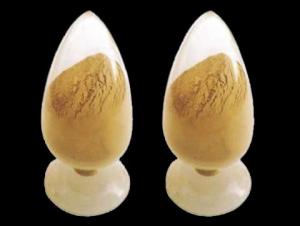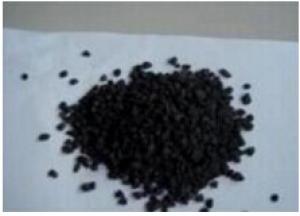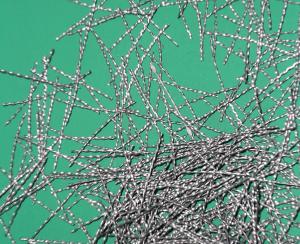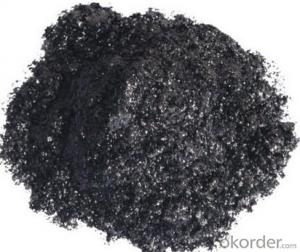All Categories
- - Steel Wire Rod
- - Steel Coils
- - Steel Profiles
- - Steel Pipes
- - Stainless Steel
- - Tinplate
- - Special Steel
- - Steel Sheets
- - Steel Rebars
- - Steel Strips
- - Hot Rolled Steel
- - Cold Rolled Steel
- - Pre-painted Steel
- - Seamless Steel Pipe
- - Welded Steel Pipe
- - Hollow Steel Tubes
- - Galvanized Pipe
- - Stainless Steel Coil
- - Stainless Steel Sheet
- - Stainless Steel Plate
- - Stainless Steel Strips
- - Electrolytic Tinplate Coil
- - Electrolytic Tinplate Sheet
- - Stainless Steel Rebars
- - Solar Panels
- - Solar Water Heater
- - Solar Related Products
- - Solar Inverter
- - Solar Cells
- - Solar Light
- - Solar Energy Systems
- - Solar Controllers
- - Solar Mounting System
- - Solar Pump
- - Solar Chargers
- - Fiberglass Chopped Strand
- - Fiberglass Mesh Cloth
- - Composite Pipes
- - FRP Pultrusion Profiles
- - Fiberglass Mat Tissue
- - Fiberglass Fabrics
- - Fiberglass Mesh
- - Composite Tank
- - Fiberglass Mesh tape
- - Polymer
- - FRP Roofing Panel
- - Fiberglass Roving
- - Monolithic Refractories
- - Ceramic Fiber Products
- - Refractory Bricks
- - Raw Materials For Refractory
- - Suspended Platform
- - Cranes
- - Concrete Machinery
- - Earthmoving Machinery
- - Building Hoist
- - Road Building Machinery
- - Plastic Pipe Fittings
- - Plastic Tubes
- - Plastic Sheets
- - Agricultural Plastic Products
- - Plastic Nets
Q & A
Can monolithic refractories be used for lining ladles and other steelmaking vessels?
Yes, monolithic refractories can be used for lining ladles and other steelmaking vessels. Monolithic refractories are versatile and can be shaped and applied to form a continuous lining that can withstand the extreme temperatures and harsh conditions encountered in steelmaking processes. They offer excellent resistance to thermal shock, erosion, and chemical attack, making them suitable for lining ladles and other steelmaking vessels.
How are monolithic refractories adapting to changing regulatory requirements?
Monolithic refractories are adapting to changing regulatory requirements by incorporating new technologies and materials that meet the updated standards. Manufacturers are focusing on developing refractories with lower environmental impact, reduced emissions, and improved energy efficiency. They are also ensuring compliance with stricter regulations regarding the use of certain chemicals and substances. Additionally, advancements in refractory design and composition are being made to enhance their performance and durability while meeting the changing regulatory landscape.
How do monolithic refractories provide resistance to chemical corrosion?
Monolithic refractories provide resistance to chemical corrosion by forming a dense and impermeable structure that prevents the penetration of corrosive substances. The combination of carefully selected raw materials and the proper placement of aggregates and bonding agents helps to create a chemically stable matrix. Additionally, the absence of joints and seams in monolithic refractories eliminates weak points where corrosive agents could attack, ensuring higher resistance to chemical corrosion.
What are the recommended installation techniques for monolithic refractories in rotary kilns?
The recommended installation techniques for monolithic refractories in rotary kilns involve careful preparation of the kiln surface, proper selection and mixing of refractory materials, and precise application techniques. These techniques typically include cleaning the kiln surface thoroughly, ensuring it is free from any residual material or contaminants. It is also important to select the appropriate refractory material based on factors such as the kiln's temperature, process conditions, and desired service life.
The refractory material should be mixed according to the manufacturer's instructions, ensuring proper water content and a homogeneous mixture. During installation, it is crucial to follow the recommended curing and drying procedures to allow for proper bonding and strength development. Additionally, it is essential to pay attention to the specific installation techniques for each type of refractory, such as gunning, ramming, or casting.
Furthermore, proper anchoring systems should be used to secure the refractories in place, preventing any movement or dislodgment during operation. Regular inspection and maintenance of the refractory lining should also be carried out to identify any signs of wear, erosion, or degradation and address them promptly to ensure optimal performance and prolong the kiln's lifespan.
How do monolithic refractories handle sulfur attack?
Monolithic refractories handle sulfur attack by using materials that are resistant to sulfur infiltration, such as alumina or silicon carbide. These materials form a protective layer on the surface of the refractory, preventing sulfur from reacting with the refractory and causing damage. Additionally, monolithic refractories can be designed with a dense and closed structure, minimizing the permeability to sulfur gases.
Wholesale Monolithic Refractories from supplier in Tanzania
We are a Monolithic Refractories supplier serving the Tanzania, mainly engaged in the sale, quotation, and technical support services of various Monolithic Refractories products in the Tanzania region. We are a subsidiary platform of the Fortune Global 500 company CNBM, able to provide you with one-stop Monolithic Refractories procurement services in the Tanzania. Not only do we have a wide range of Monolithic Refractories products, but after years of market development in the Tanzania, we can also provide valuable experience for your projects.
Hot Search
- Monolithic Refractories in Paraguay
- Ceramic Fiber Products in Dominica
- Refractory Bricks in Fiji
- Raw Materials For Refractory in Belgium
- Ceramic Fiber Products in Cambodia
- Raw Materials For Refractory in Denmark
- Ceramic Fiber Products in Swaziland
- Raw Materials For Refractory in Malta
- Monolithic Refractories in Haiti
- Refractory Bricks in Libya
